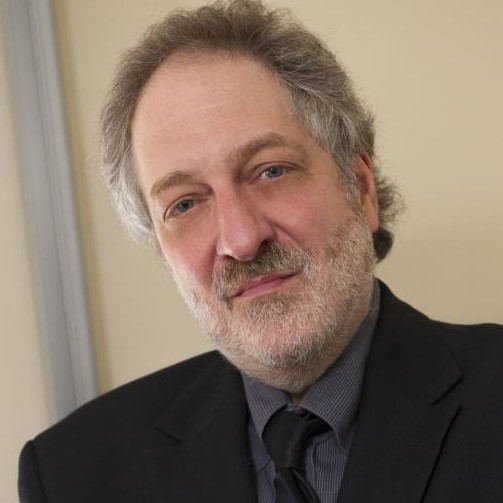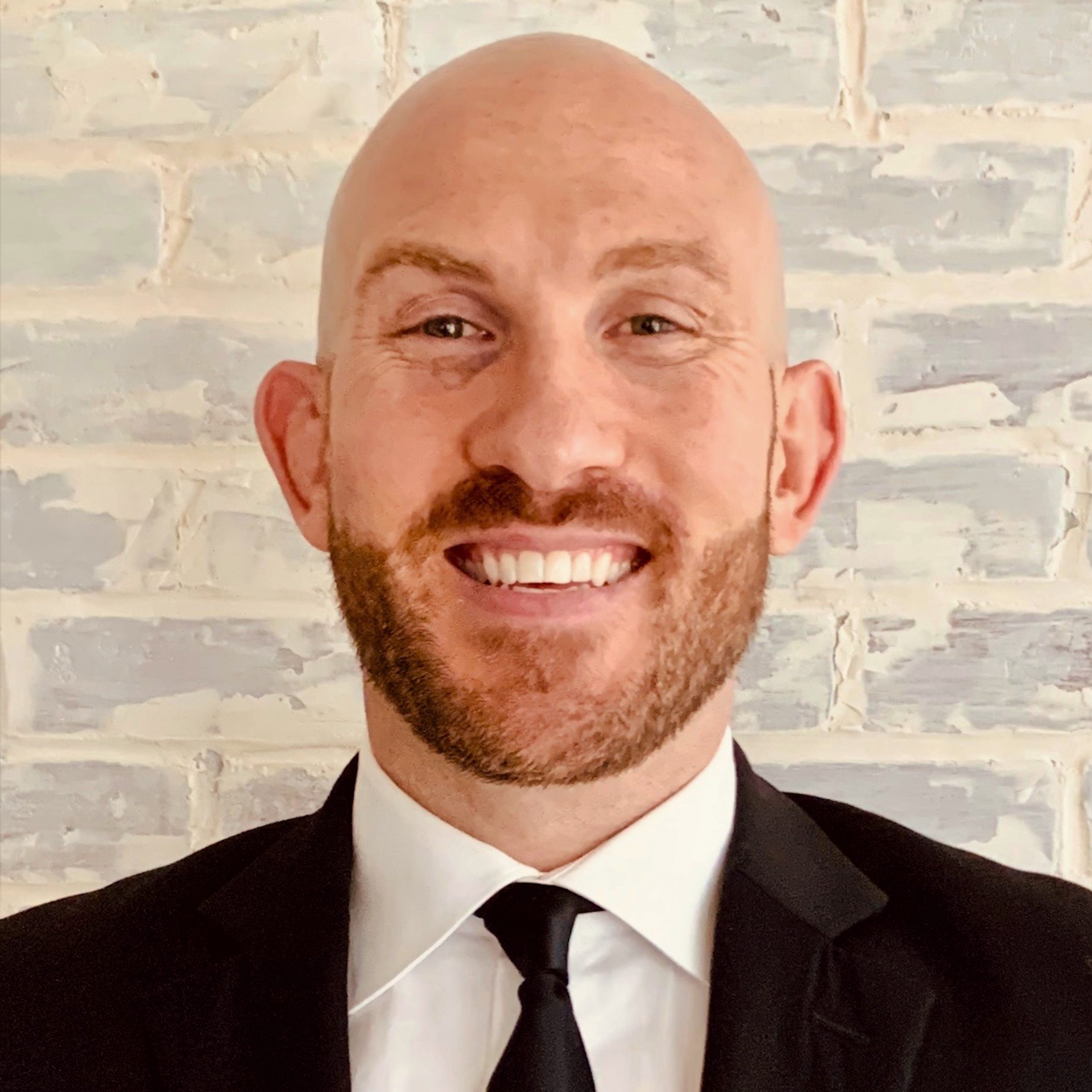BIOCARD Study
Biomarkers of Cognitive Decline Among Normal Individuals
BIOCARD Study Participant Forum
Once again this year the BIOCARD Study team has organized a series of virtual presentations, known as the BIOCARD Participant Forum. The goal of these presentations is to provide updates on the overall progress of the study, as well as to discuss recent scientific findings of interest.
To access the videos, please complete the registration below. Registration is free and open to all interested in learning more about progress in the field.
You will also have the opportunity to submit any questions you may have about the presentations. The answers to these questions will be posted on the website, as soon as the speakers have reviewed them.
The 2024 BIOCARD Study Participant Forum Program
Overview of BIOCARD Study Progress – 2024
Blood Biomarkers in Alzheimer’s Disease
Does Treating Hearing Loss Protect against Cognitive Decline?

Marilyn Albert, PhD
Marilyn Albert, PhD, is Professor of Neurology and Director of the Division of Cognitive Neuroscience in the Department of the Neurology at the Johns Hopkins University School of Medicine. She is also the Director of the Johns Hopkins Alzheimer’s Disease Research Center.
Her research focuses on understanding the cognitive and brain changes in aging and neurodegenerative disorders such as AD. Dr. Albert’s research aims to identify the relationship between biomarkers based on imaging, cerebrospinal fluid, blood and genetics to cognitive changes and the early diagnosis of AD. Her research was the first to show the characteristic feature of delayed recall in AD.
Dr. Albert’s work on the examination of risk and protective factors in progression from normal cognition to mild cognitive impairment incorporates the important concept of cognitive reserve. More recently her work has combined longitudinal studies with biomarkers and cognitive test scores to characterize the progression across the AD continuum.

Abhay R. Moghekar, MD
Abhay Moghekar is an Associate Professor of Neurology at the Johns Hopkins School of Medicine. He is Clinical Director of the CSF Disorders Program at Johns Hopkins Hospital and Leader of the Biospecimen Core for the BIOCARD study. His research is focused on examining measures in cerebrospinal fluid that are predictors of cognitive decline and may serve as targets for drug development for the treatment of Alzheimer’s disease.

Jennifer Deal, PhD
Jennifer A. Deal, PhD, is an epidemiologist and gerontologist with expertise in cognitive aging.
She is an associate professor in the Departments of Epidemiology at the Johns Hopkins Bloomberg School of Public Health and Otolaryngology-Head and Neck Surgery at the Johns Hopkins University School of Medicine.
Trained in the epidemiology of aging, Deal studies the effects of hearing loss on an aging brain and how hearing loss influences cognitive function to inform strategies for the primary prevention of cognitive decline and dementia in older adults.
A Forum for BIOCARD Study participants is held annually in order to provide participants and their study partners an opportunity to learn more about the progress in the study, and to ask questions about the study. Please register below to review our 2023 updates.
REGISTRATION
COMPLIMENTARY REGISTRATION
TO LEARN MORE ABOUT THE BIOCARD STUDY, VISITwww.biocard-se.org/
The 2023 BIOCARD Study Participant Forum Program
Overview of BIOCARD Study Progress

Marilyn Albert, PhD
Marilyn Albert, PhD, is Professor of Neurology and Director of the Division of Cognitive Neuroscience in the Department of the Neurology at the Johns Hopkins University School of Medicine. She is also the Director of the Johns Hopkins Alzheimer’s Disease Research Center.
Her research focuses on understanding the cognitive and brain changes in aging and neurodegenerative disorders such as AD. Dr. Albert’s research aims to identify the relationship between biomarkers based on imaging, cerebrospinal fluid, blood and genetics to cognitive changes and the early diagnosis of AD. Her research was the first to show the characteristic feature of delayed recall in AD.
Dr. Albert’s work on the examination of risk and protective factors in progression from normal cognition to mild cognitive impairment incorporates the important concept of cognitive reserve. More recently her work has combined longitudinal studies with biomarkers and cognitive test scores to characterize the progression across the AD continuum.
Blood Biomarkers in Alzheimer’s Disease

Arnold Bakker, PhD
Arnold Bakker is Director, Psychiatry Neuroimaging Core and
Associate Professor of Psychiatry and Behavioral Sciences at Johns Hopkins University School of Medicine. His research focuses on the cognitive neuroscience of human memory. He studies the neural mechanisms underlying normal memory function and impaired memory function in aging and disease using neuropsychological assessment, experimental behavioral assessment and particularly advanced neuroimaging methods, including structural and functional magnetic resonance imaging, diffusion tensor imaging, and magnetic resonance spectroscopy.
Physical Activity and Cognitive Health

Daniel Callow, PhD
Daniel Callow received his doctorate in cognitive neuroscience from the University of Maryland College Park.
He is a postdoctoral fellow at John’s Hopkins school of medicine in the department of psychiatry and behavioral science.
His research interests focus on applying advanced neuroimaging techniques to better understand how modifiable lifestyle factors such as physical activity and sleep may promote healthy neurocognitive aging and prevent/delay dementia in older adults.
The 2022 BIOCARD Study Participant Forum Program
Overview of BIOCARD Study Progress

Marilyn Albert, PhD
Marilyn Albert, PhD, is Professor of Neurology and Director of the Division of Cognitive Neuroscience in the Department of the Neurology at the Johns Hopkins University School of Medicine. She is also the Director of the Johns Hopkins Alzheimer’s Disease Research Center.
Her research focuses on understanding the cognitive and brain changes in aging and neurodegenerative disorders such as AD. Dr. Albert’s research aims to identify the relationship between biomarkers based on imaging, cerebrospinal fluid, blood and genetics to cognitive changes and the early diagnosis of AD. Her research was the first to show the characteristic feature of delayed recall in AD.
Dr. Albert’s work on the examination of risk and protective factors in progression from normal cognition to mild cognitive impairment incorporates the important concept of cognitive reserve. More recently her work has combined longitudinal studies with biomarkers and cognitive test scores to characterize the progression across the AD continuum.
Blood Biomarkers in Alzheimer’s Disease

Abhay R. Moghekar, MD
Abhay Moghekar is an Associate Professor of Neurology at the Johns Hopkins School of Medicine. He is Clinical Director of the CSF Disorders Program at Johns Hopkins Hospital and Leader of the Biospecimen Core for the BIOCARD study. His research is focused on examining measures in cerebrospinal fluid that are predictors of cognitive decline and may serve as targets for drug development for the treatment of Alzheimer’s disease.
Physical Activity and Cognitive Health

Ryan Dougherty, PhD
Ryan Dougherty is a postdoctoral fellow in the Department of Epidemiology at the Johns Hopkins Bloomberg School of Public Health. His research interests revolve around modifiable lifestyle factors that may delay the onset of cognitive decline in older persons. He is particularly interested in examining the impact of physical activity on cognitive health.
The 2021 BIOCARD Study Participant Forum Program
Overview of BIOCARD Study Progress

Marilyn Albert, PhD
Marilyn Albert, PhD, is Professor of Neurology and Director of the Division of Cognitive Neuroscience in the Department of the Neurology at the Johns Hopkins University School of Medicine. She is also the Director of the Johns Hopkins Alzheimer’s Disease Research Center.
Her research focuses on understanding the cognitive and brain changes in aging and neurodegenerative disorders such as AD. Dr. Albert’s research aims to identify the relationship between biomarkers based on imaging, cerebrospinal fluid, blood and genetics to cognitive changes and the early diagnosis of AD. Her research was the first to show the characteristic feature of delayed recall in AD.
Dr. Albert’s work on the examination of risk and protective factors in progression from normal cognition to mild cognitive impairment incorporates the important concept of cognitive reserve. More recently her work has combined longitudinal studies with biomarkers and cognitive test scores to characterize the progression across the AD continuum.
Cognitive Consequences of Vision Loss

Bonnie Swenor, PhD, MPH
Bonnielin Swenor is the Director of the Johns Hopkins Disability Health Research Center and an associate professor of ophthalmology at the Wilmer Eye Institute. She is also an associate professor of epidemiology at the Johns Hopkins Bloomberg School of Public Health, as well as a core faculty member at the Johns Hopkins Center on Aging and Health.
Dr. Swenor’s research aims to improve the health of people with disabilities, including visual impairments and is fueled by her personal experience with a visual disability. To achieve this, Dr. Swenor and her group have concentrated on three interrelated areas:
Vision and Aging: This research aims to improve the health and well-being of individuals with visual impairments across the lifespan, with a focus on older adults.
Access to Care: This area of research focuses on identifying health care disparities and improving healthcare utilization, quality, and access for people with disabilities.
Disability Inclusion: By identifying and addressing barriers for people with visual impairments and other disabilities in the biomedical workforce and across society, Dr. Swenor is working to increase disability inclusion.
Dr. Swenor and her team are now expanding on this research framework to more broadly examine Disability Health. This area of research examines disability – including visual impairment – as a health disparity population, and uses an interdisciplinary and collaborative approach to establish the evidence needed to design effective policies and programs that will reduce disability inequities. The overarching goals of this research are to maximize health, equity, and participation for people with all types of disabilities.
Dr. Swenor received her master of public health and doctorate degrees in epidemiology from the Johns Hopkins Bloomberg School of Public Health. She completed a postdoctoral research fellowship at the National Institute on Aging prior to joining the Wilmer faculty. She holds a joint appointment with the Department of Epidemiology at the Bloomberg School of Public Health.
Aducanumab: The Controversy over Its Accelerated Approval for AD

Barry Greenberg, PhD
Barry Greenberg is an Associate Professor in the Department of Neurology and Director of a nascent Alzheimer’s Disease Translational Center at the Johns Hopkins University School of Medicine. Dr. Greenberg has been involved in Alzheimer’s disease (AD) research and drug discovery since 1985, holding a series of positions internationally in the US, Sweden and Canada.
He was the leader of a drug discovery team at AstraZeneca that ultimately involved over 50 individuals from eight departments. He later led the preclinical biology research program at Neurochem, Inc. in Québec as Senior Director of Pharmacology, where he also interacted closely with its medical research department, participating in retrospective analyses of the phase 3 clinical trial of the investigative drug tramiprosate (Alzhemed®).
Dr. Greenberg moved to Johns Hopkins in 2018 to lead the development of an AD Translational Center, with the objective of integrating basic and clinical research to enable the development of effective therapies that will delay or prevent AD at its earliest stages. He has been involved with the Johns Hopkins ADRC since that time, as a member of its Executive Committee and Co-Leader of its Research Education Component (REC).
He serves on several committees and advisory boards for NIA-funded initiatives focused on genetics, model development and clinical trials in AD, and has recently been selected as Editor-in-Chief of the journal “Alzheimer’s & Dementia: Translational Research and Clinical Interventions.”
The 2020 BIOCARD Study Participant Forum Program
Overview of BIOCARD Study Progress – 2020

Marilyn Albert, PhD
Marilyn Albert, PhD, is Professor of Neurology and Director of the Division of Cognitive Neuroscience in the Department of the Neurology at the Johns Hopkins University School of Medicine. She is also the Director of the Johns Hopkins Alzheimer’s Disease Research Center.
Her research focuses on understanding the cognitive and brain changes in aging and neurodegenerative disorders such as AD. Dr. Albert’s research aims to identify the relationship between biomarkers based on imaging, cerebrospinal fluid, blood and genetics to cognitive changes and the early diagnosis of AD. Her research was the first to show the characteristic feature of delayed recall in AD.
Dr. Albert’s work on the examination of risk and protective factors in progression from normal cognition to mild cognitive impairment incorporates the important concept of cognitive reserve. More recently her work has combined longitudinal studies with biomarkers and cognitive test scores to characterize the progression across the AD continuum.
Relationship of Depressive Symptoms to the Evolution of Alzheimer’s Disease

Paul B. Rosenberg, MD
Paul B. Rosenberg, MD, is Professor of Psychiatry and Behavioral Sciences at Johns Hopkins University School of Medicine His research focuses on developing new treatments for Alzheimer’s Disease (AD) especially neuropsychiatric symptoms and relevant biomarkers including sleep and circadian rhythm.
Dr. Rosenberg is a 2008 Paul Beeson Scholar, chaired the NIA-N SRG at the National Institute on Aging, and served on the FDA Advisory Committee for Peripheral and Central Nervous System Drugs. He trained in Adult Psychiatry at Tufts University/New England Medical Center and Geriatric Psychiatry at Mclean Hospital.
Alterations in Sleep and Rest/Activity Rhythms During the Early Phases of AD

Alfonso Alfini, PhD
Alfonso Alfini, PhD, is a Research Associate in the Division of Cognitive Neuroscience in the Department of Neurology at the Johns Hopkins School of Medicine. His research focuses on the role of lifestyle factors in cognitive aging and Alzheimer’s disease, with a particular focus on sleep, circadian rhythms, and physical activity.
Dr. Alfini is a recipient of the American Academy of Sleep Medicine Foundation 2019 Bridge to Success Award for Early Career Investigators. He completed his postdoctoral fellowship in the Aging and Dementia Training Program at the Johns Hopkins School of Medicine and received his PhD in Kinesiology and Cognitive Neuroscience at the University of Maryland, College Park.
+1.224.938.9523
meetings@worldeventsforum.com